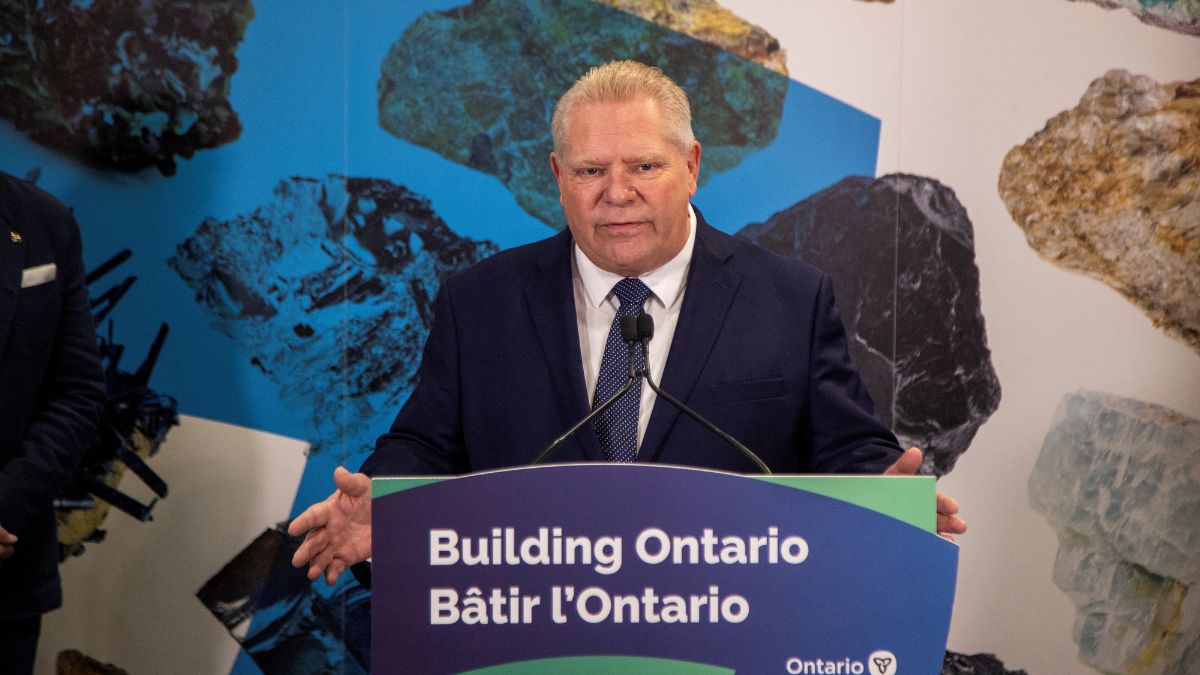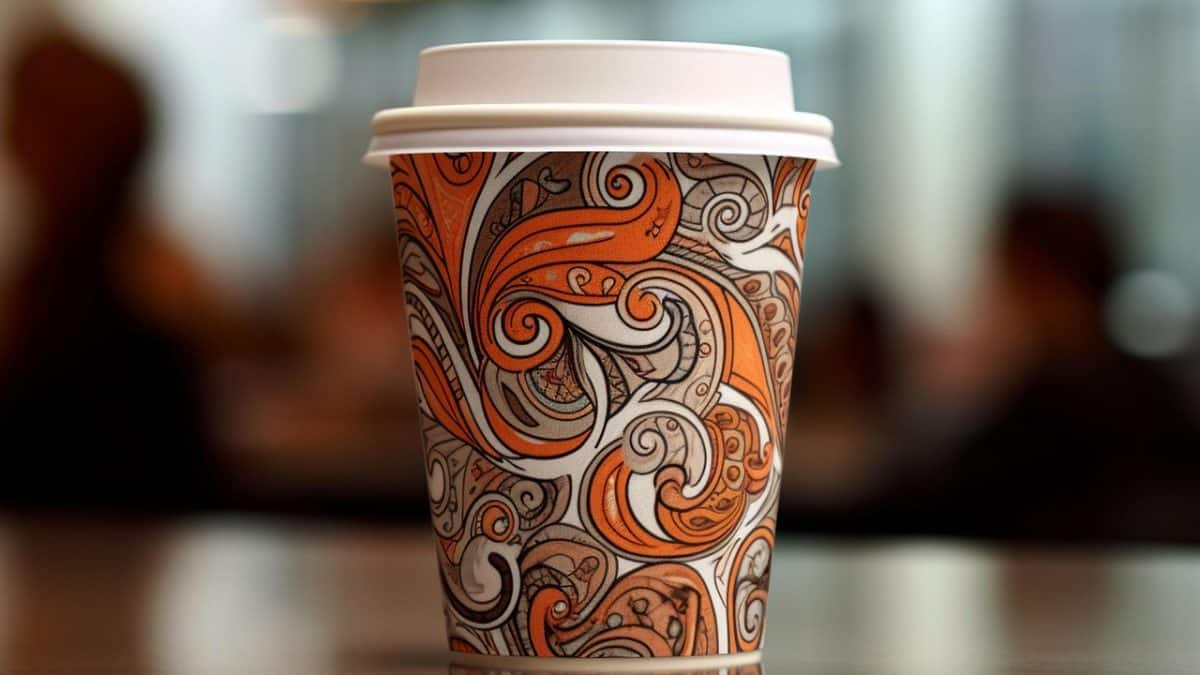Ontario Premier Doug Ford has threatened to cut off electricity supply to the United States over President Donald Trump’s steep tariffs against Canada. His warning on Monday (March 3) came a day before Trump’s 25 per cent tariffs on imported Canadian goods and a 10 per cent tariff on Canadian energy came into effect.
Ford has been taking on the US’ costly tariffs against Canada, even calling a snap election in January. He won a third majority government last week after presenting himself as the candidate to stand up to Trump in a possible trade war.
But who is he?
Let’s take a closer look.
Who is Doug Ford?
Doug Ford, the leader of the Progressive Conservative Party of Ontario, oversees Canada’s most populous province – Ontario.
The conservative politician entered politics in 2014 after his late brother Rob discontinued his campaign for mayor of Toronto due to his cancer diagnosis.
While he lost the bid, Ford set a higher aim and was elected the Ontario premier with a majority in 2018. He registered his third consecutive victory as Ontario premier last Thursday (February 27) with a legislative majority, a feat no Ontario leader achieved until now.
Ford’s father was also a politician and his family ran a label-making business. Before becoming Ontario’s leader, Ford served as a city councillor in Toronto.
As per a Globe and Mail report in 2013, Ford dealt hashish in the 1980s, a claim denied by the 60-year-old.
His critics allege he has a grudge against Toronto that has never supported him and governs like a “vengeful leader”, reported The Guardian. “People call him a populist but when you look at it, his politics are just so petty and vindictive,” Dave Bidini, the publisher of Toronto’s West End Phoenix newspaper, told the British daily.
Ford was praised for his handling of the COVID-19 pandemic early on in his tenure as Ontario premier. However, his term has not been without controversies.
In 2022, Ford landed in a soup after his government planned to open 7,400 acres of protected land, dubbed the Greenbelt, around Toronto for development. The plan was eventually scrapped and is being investigated by Canada’s federal police.
Ford has been successful in wooing voters across the political divide. While his backers include rich, pro-business voters, he has also courted some unions, taking away the voters of progressive parties.
“And in an era of deep political polarisation, especially from party leaders, Ford has largely defied that approach. He doesn’t dig in on ideology or wear the partisan stripes. He appears to have sidestepped that,” Andrea Lawlor, an associate professor of political science at McMaster University, told The Guardian.
Ironically, Ford drew comparisons to Trump during his first premiership campaign, the man he has now positioned himself against to protect Canada’s interests in the trade war.
Ford has earned the nickname “Captain Canada”, who has vowed to fight the US tariffs against his country. “Canada won’t start a fight with the US, but you better believe we’re ready to win one. Canada will never, ever be the 51st state, and Canada is not for sale,” he said in his victory speech after his rare re-election last week.
Doug Ford’s threats to US
On Monday, Ford threatened to cut off the energy that Ontario sells to the US in response to Trump’s tariffs against Canada.
“If they want to try to annihilate Ontario, I will do everything — including cut off their energy with a smile on my face,” Ford told reporters at a mining convention in downtown Toronto, according to Toronto Sun.
“They need to feel the pain. They want to come at us hard? We’ve got to go back twice as hard,” Ford added.
He said Ontario would retaliate by imposing matching tariffs against the US. Ford threatened to impose a 25 per cent surcharge on Canadian electricity exports to New York, Michigan and Minnesota.
The Ontario leader also indicated that the federal and provincial governments are united in their response to fighting US tariffs. “I [didn’t] start this tariff war, but we’re going to win this tariff war,” Ford added.
Speaking to NBC on Monday afternoon, he threatened to halt shipments of high-grade nickel to the US, which he said makes up for 50 per cent of America’s supplies.
After the US tariffs came into effect on Tuesday, Ford cancelled a $100 million deal with Elon Musk’s Starlink internet provider. He also banned US companies from bidding on Ontario infrastructure projects and removed US alcohol from the shelves of the Liquor Control Board of Ontario (LCBO).
He also called on premiers in other Canadian provinces to follow suit.
For now, Ford has not clarified when he plans to implement the proposed tariff on electricity that could drive prices higher in parts of the US.
“If they [US tariffs] go further into April, then we’ll cut off their electricity,” he added.
However, experts say the Ontario leader’s response would be limited to playing a secondary role to the federal government in taking on Trump.
“We have to recognise the nature of the condition,” Cristine de Clercy, a political science professor at Trent University, told CBC News.“He’s a provincial premier trying to influence international policy agenda. So there are real limits on his capacity to act and react in the current trade war context.”
With inputs from agencies


)

)
)
)
)
)
)
)
)



